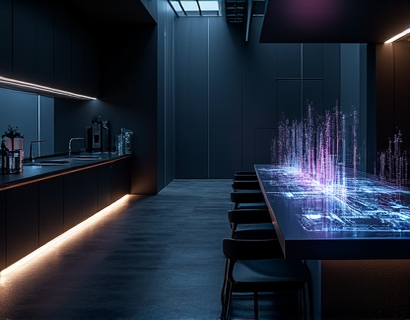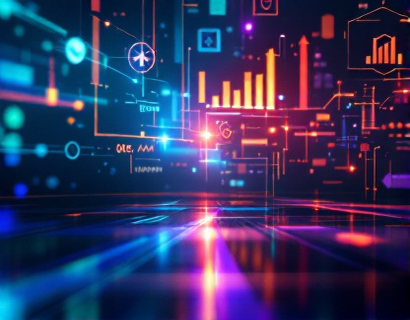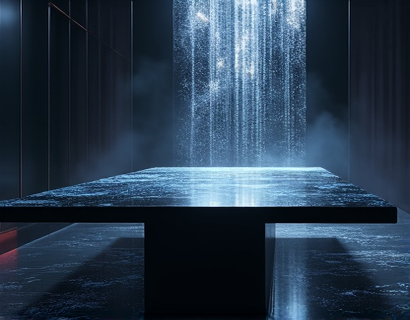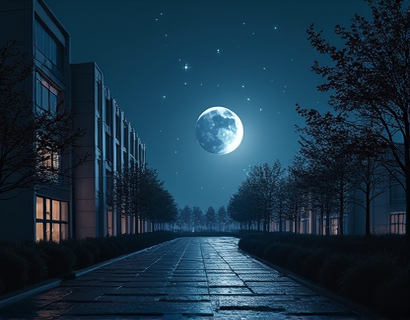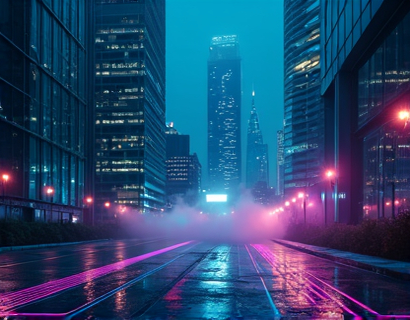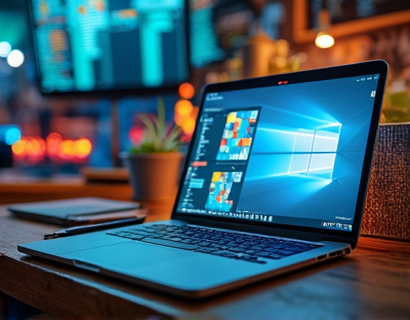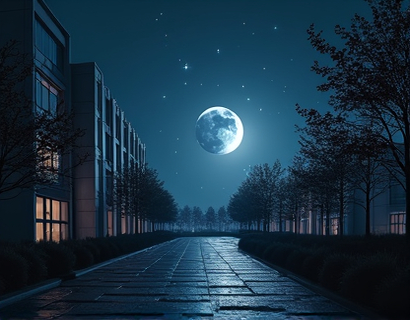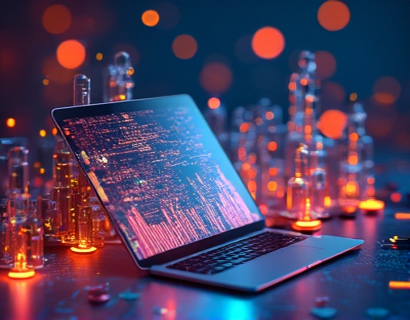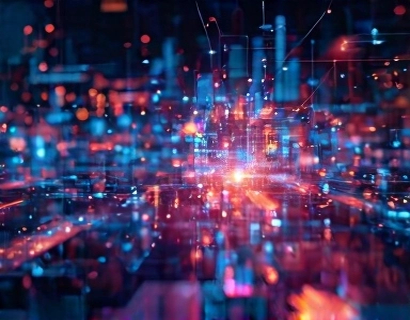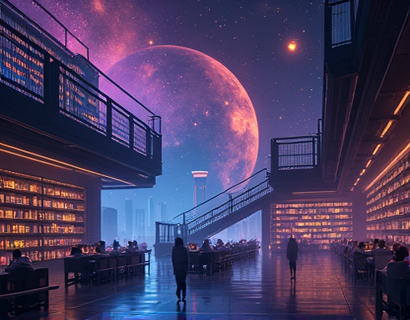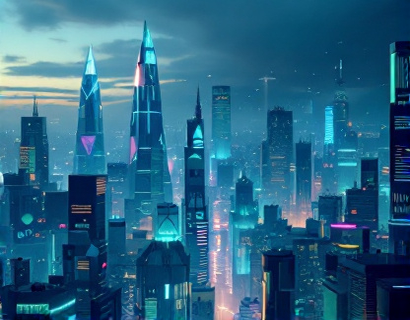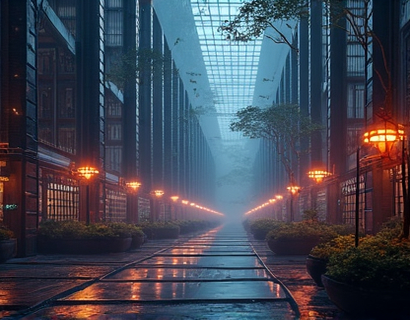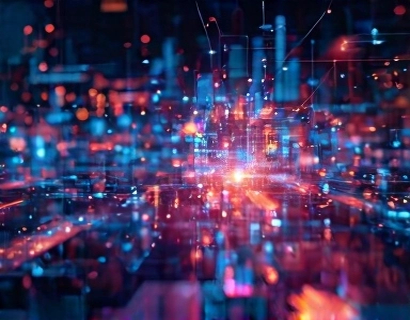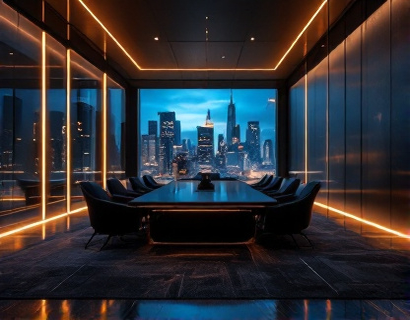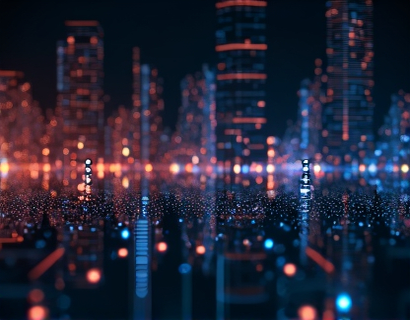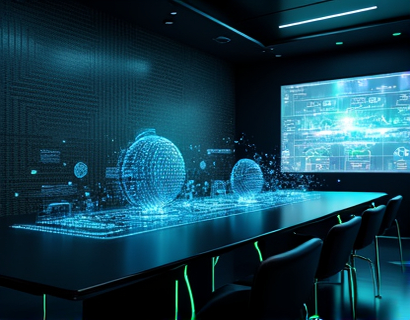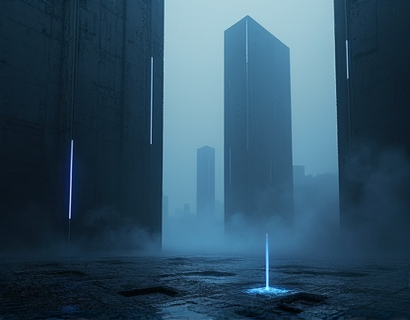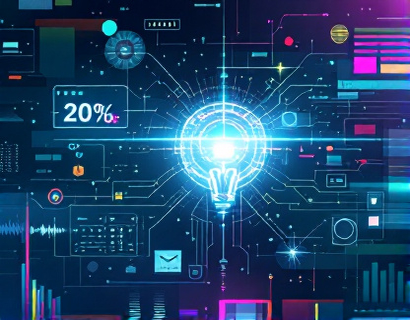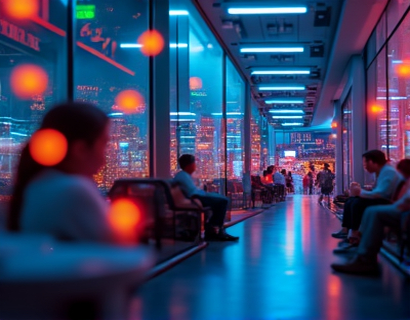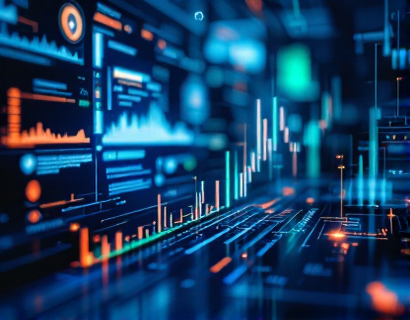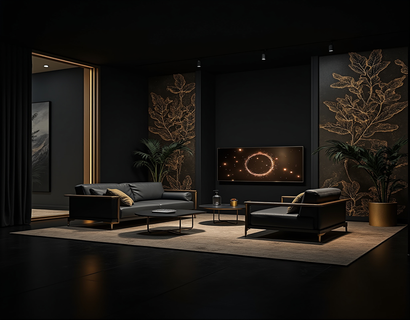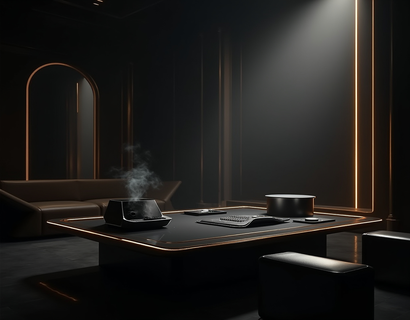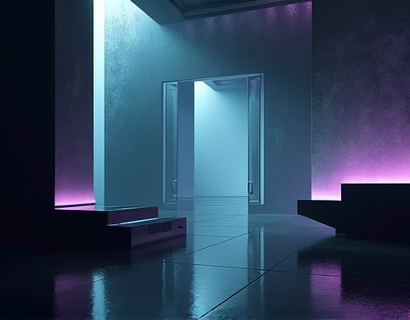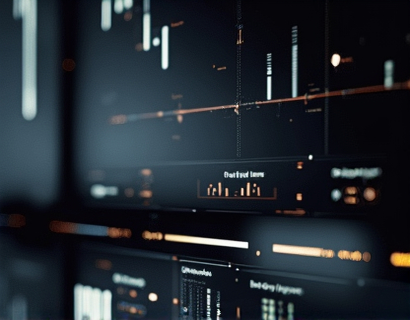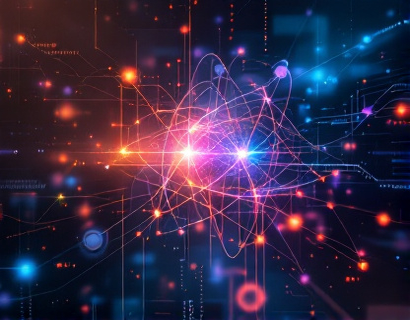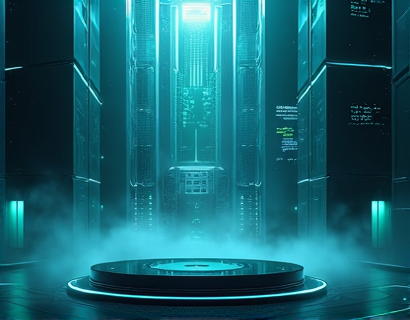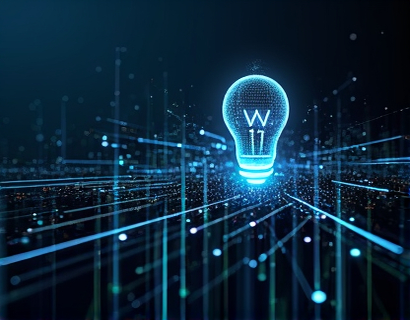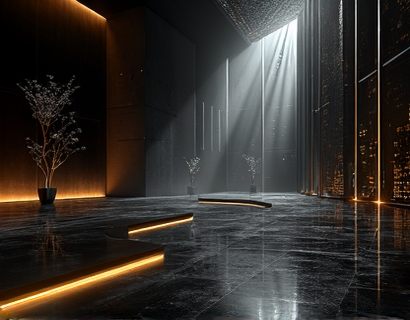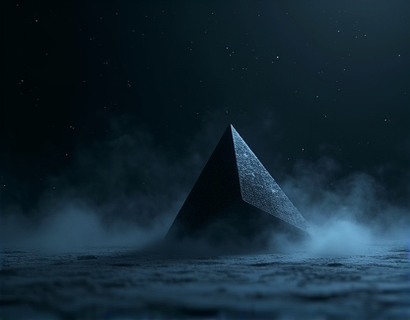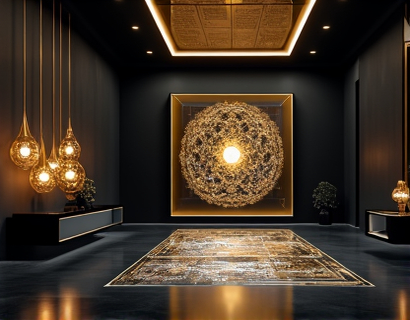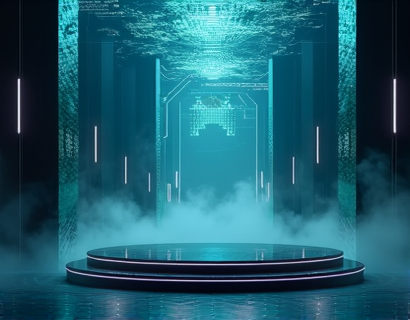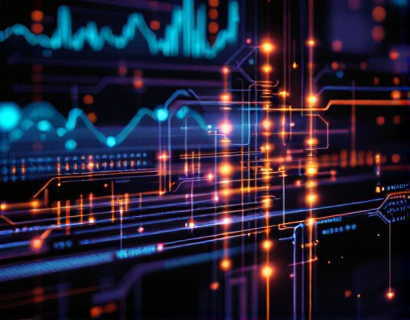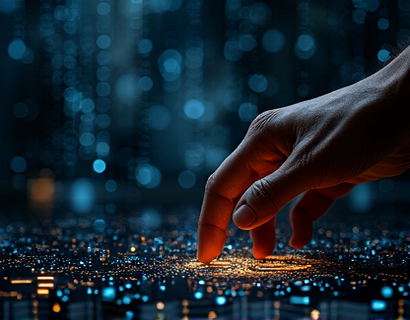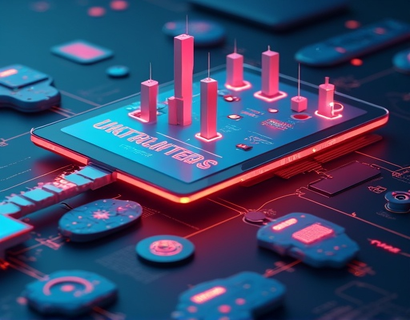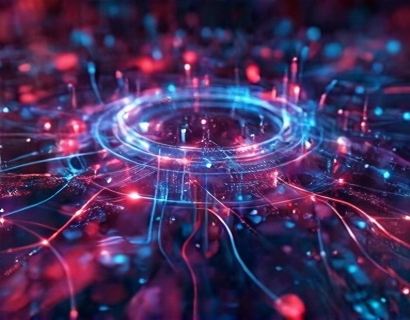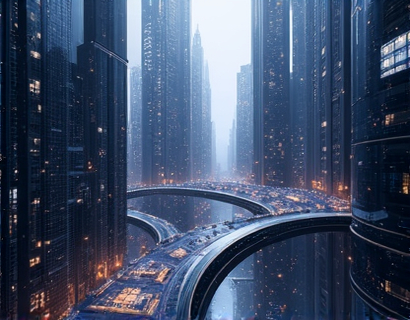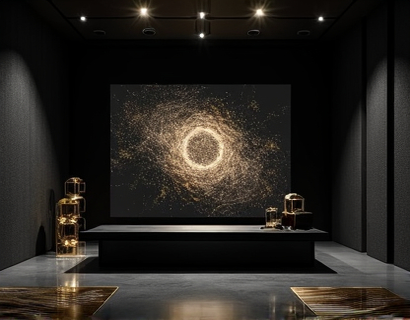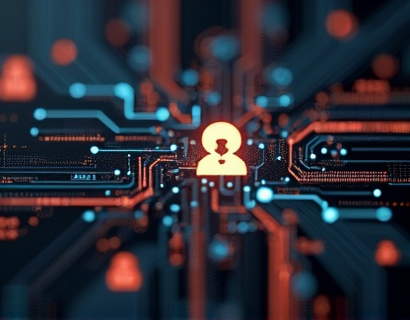Unlocking Creativity: Mastering Advanced Digital Creature Design
In the realm of digital art and design, the ability to create and customize unique creatures has become an essential skill for artists, game developers, and digital enthusiasts. The integration of advanced technology with comprehensive asset libraries has revolutionized the way creatives approach this task. This article delves into the intricacies of mastering digital creature design, focusing on the tools and platforms that empower users to transform their imaginative ideas into captivating realities.
The journey begins with understanding the core components of digital creature design. At its essence, creating a digital creature involves a blend of artistry, technical skill, and creativity. The process starts with conceptualization, where the designer envisions the creature's appearance, behavior, and role within a larger narrative or environment. This initial step is crucial as it sets the foundation for the entire design process.
Advanced Technology in Creature Design
Modern digital creature design leverages advanced technologies such as 3D modeling, animation, and procedural generation. These tools enable designers to create highly detailed and dynamic creatures that can interact realistically within virtual environments. For instance, 3D modeling software allows for the creation of intricate anatomies and textures, while animation tools bring these creatures to life with fluid movements and expressions.
Procedural generation, a technique that uses algorithms to create content automatically, has become a game-changer in the field. It allows for the rapid generation of diverse creature variations, saving time and enhancing the creative process. This technology is particularly useful for game developers who need a wide range of creatures for their projects without the need for manual modeling of each individual entity.
Comprehensive Asset Libraries
A key component of advanced digital creature design is access to a robust asset library. These libraries provide a vast collection of pre-made models, textures, and animations that designers can use and customize. A comprehensive asset library not only saves time but also inspires creativity by offering a wide range of styles and themes to draw from. For artists and developers, having a rich pool of assets at their disposal is invaluable.
The assets in these libraries are often created by a community of contributors, ensuring a diverse and high-quality selection. This collaborative approach fosters innovation and allows designers to build upon the work of others, pushing the boundaries of what is possible in digital creature design. Whether it's a mythical beast, a futuristic robot, or a fantastical hybrid, the asset library provides the building blocks for creating anything imaginable.
User-Friendly Design Tools
To make the creative process accessible to a broader audience, advanced digital creature design platforms focus on user-friendly interfaces and intuitive tools. These platforms are designed to be intuitive, allowing users with varying levels of expertise to create and customize creatures with ease. The interface typically includes drag-and-drop functionality, real-time previews, and a range of adjustment options to fine-tune every aspect of the creature.
One of the most significant advantages of these platforms is their ability to merge multiple tools into a single, cohesive environment. This integration streamlines the workflow, reducing the need to switch between different software applications. As a result, designers can focus more on the creative aspects of their work rather than getting bogged down by technical hurdles.
Customization and Personalization
Customization is a cornerstone of digital creature design. Users should have the flexibility to modify every aspect of a creature, from its base model to its textures and animations. Advanced platforms offer a wide range of customization options, including scale adjustments, color palettes, and detailed anatomical modifications. This level of control ensures that each creature is unique and aligns perfectly with the designer's vision.
Personalization extends beyond the visual aspects to include behavioral and interactive elements. Designers can program creatures to respond to environmental stimuli, interact with other entities, and even learn from their experiences. This dynamic approach adds depth and realism to digital creatures, making them more engaging and immersive.
Community and Collaboration
The digital creature design community plays a vital role in fostering creativity and innovation. Platforms that support community features enable designers to share their creations, seek feedback, and collaborate on projects. This collaborative environment not only enhances individual skills but also leads to the development of new techniques and styles.
Forums, galleries, and shared workspaces within these platforms facilitate interaction among users. Designers can join groups based on specific interests, such as fantasy creatures, sci-fi designs, or procedural generation techniques. These communities serve as a valuable resource for learning and inspiration, helping users stay updated with the latest trends and advancements in the field.
Educational Resources and Tutorials
To help users master advanced digital creature design, many platforms offer a wealth of educational resources. Tutorials, video guides, and step-by-step instructions are available to guide beginners through the design process. These resources cover a range of topics, from the basics of 3D modeling to advanced animation techniques.
Workshops and webinars led by experienced designers provide opportunities for hands-on learning and direct feedback. These educational components are essential for skill development and help users overcome challenges as they progress in their creative journey. By continuously learning and improving, designers can push the boundaries of what is possible in digital creature design.
Sharing and Showcasing Creations
Once a creature is designed, the ability to share and showcase it is crucial for gaining recognition and feedback. Advanced platforms offer built-in galleries and sharing tools that allow users to display their creations in a professional manner. These galleries can be public or private, catering to different preferences and needs.
Social media integration enables designers to share their work on various platforms, reaching a broader audience. This exposure not only boosts confidence but also opens up opportunities for collaboration and professional growth. By showcasing their creations, designers can build a portfolio that demonstrates their skills and creativity.
Future Trends in Digital Creature Design
As technology continues to evolve, the field of digital creature design is poised for exciting developments. One emerging trend is the integration of artificial intelligence (AI) in the design process. AI can assist in generating new ideas, automating repetitive tasks, and even creating entire creatures based on user inputs. This synergy between human creativity and AI capabilities has the potential to revolutionize the way we design digital creatures.
Another area of growth is the use of virtual and augmented reality (VR/AR) in creature design. These technologies offer immersive experiences that allow designers to interact with their creations in three-dimensional space. VR/AR tools can enhance the design process by providing a more intuitive and interactive way to visualize and refine creatures.
Sustainability and ethical considerations are also becoming more prominent in the design community. As awareness of environmental and social issues grows, designers are increasingly focusing on creating creatures that reflect these values. This shift towards more responsible and inclusive design practices ensures that the field remains relevant and impactful.
Conclusion
Mastering advanced digital creature design is a rewarding journey that combines art, technology, and imagination. With the right tools and a supportive community, designers can unlock their full creative potential and bring their most imaginative ideas to life. Whether you are a seasoned professional or a hobbyist, the resources and platforms available today provide the means to elevate your creative process and produce captivating digital creatures.
Embrace the tools at your disposal, engage with the community, and continuously learn and grow. The future of digital creature design is bright, and the possibilities are endless.



